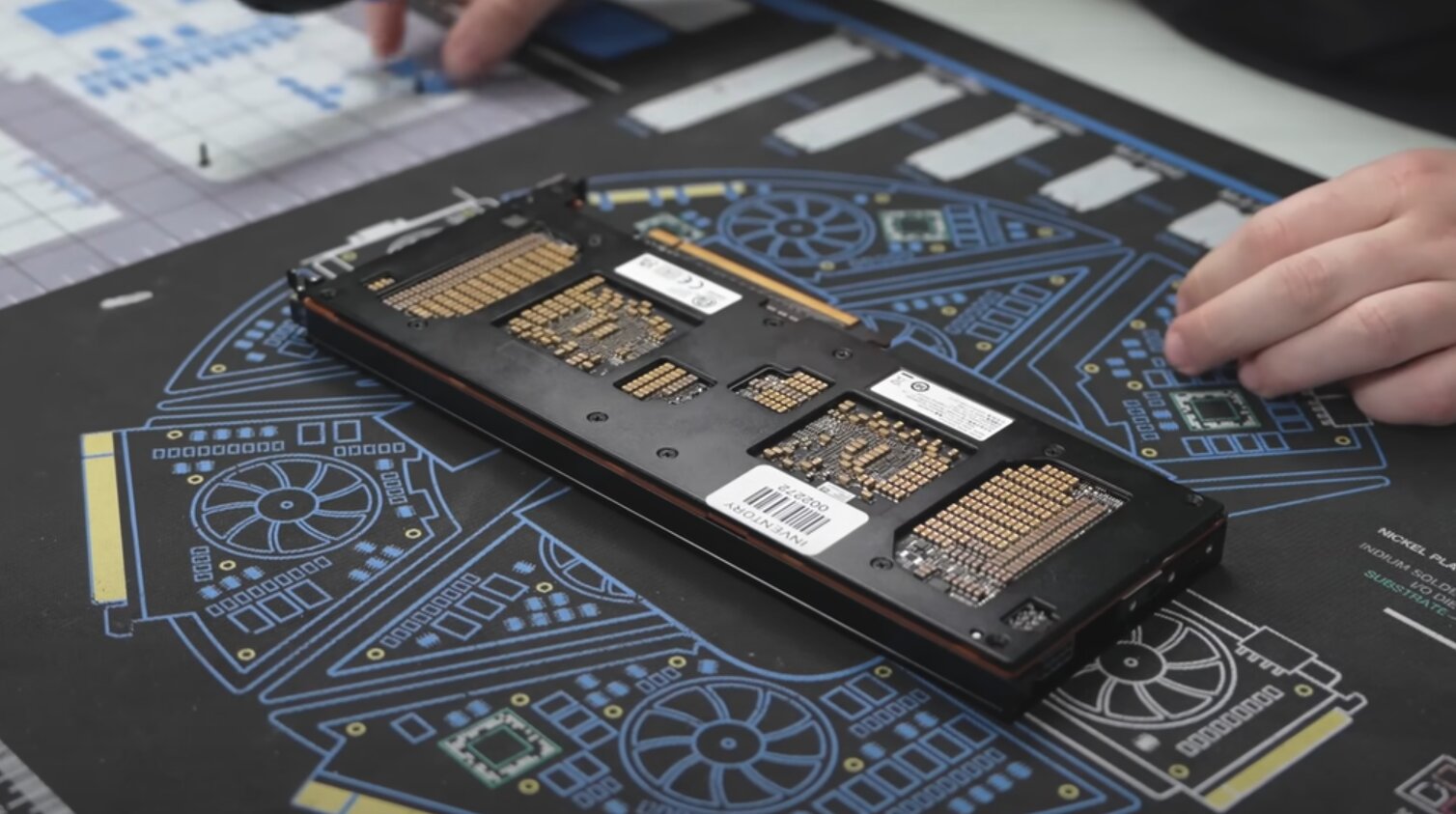Revolutionary Huawei Atlas 300I Duo AI Accelerator with 96GB Memory Boosts Inference Affordably

Huawei Atlas 300I Duo Accelerator: Affordable 96GB AI Card Disrupts the Market
Groundbreaking Dual-Chip AI Hardware Unveiled
Huawei has introduced a formidable contender in the AI hardware landscape with the launch of the Atlas 300I Duo Accelerator. Purpose-built to address high-demand applications where hardware options are limited, this card harnesses two Ascend 310 AI processors. The compact PCIe Gen4 x16 form factor makes it suited for advanced computing tasks, particularly in regions where access to foreign chips is restricted. Professionals and organizations aiming to deploy AI workloads locally can now tap into noteworthy compute power and exceptional memory bandwidth, all while maintaining a competitive cost profile.
Key Features: Memory, Performance, and Power
The distinguishing feature of the Atlas 300I Duo is its generous 96GB LPDDR4X memory, split evenly between the twin chips. This vast pool of onboard memory feeds data to the processing units at a rapid 408 GB/s bandwidth, allowing efficient handling of large datasets, complex models, and AI inference workloads. With a performance ceiling of 280 TOPS (INT8), the card delivers substantial throughput for real-time analysis, video decoding, and high-speed data processing demands. The thermal design power (TDP) is rated at 150W, which is optimized for energy efficiency in server-grade environments.
Enterprises prioritizing memory capacity will find the 96GB allotment appealing, especially as modern AI models and large language models (LLMs) often require substantial local VRAM for swift inference. These specs position the hardware as a cost-effective engine for developers deploying edge inference, AI-accelerated video analytics, and deep learning tasks.
Value-Driven Engineering for Export-Restricted Markets
While the Atlas 300I Duo does not surpass industry leaders like the RTX Pro 6000 in peak raw performance, its pricing strategy creates a notable alternative for institutions with limited budgets. At approximately €1,370 per unit, the card retains less than one-sixth the price point of its Western competitors that offer a similar memory footprint. This allows for broader accessibility and uptake, particularly in regions affected by supply chain constraints or embargoes.
Such affordability, paired with formidable memory and compute metrics, opens new pathways for regional AI innovation. Developers working within tight financial constraints or navigating import limitations can deploy advanced neural networks and leverage contemporary AI frameworks without major hardware investments.
Specialized Connectivity and Market Implications
Integration into data centers and high-performance computing setups is simple due to the robust PCIe Gen4 x16 interface, ensuring swift communication between the AI accelerator and host CPUs. The emphasis on PCIe Gen4 compliance reflects an intent to maximize I/O capabilities and future-proof deployments for emerging workloads.
On a broader scale, this release underscores a shift toward locally engineered compute resources, answering the growing need for technological sovereignty. The card’s architecture, emphasizing both high-bandwidth memory and scalable AI inference, appeals to research organizations, academic institutions, and enterprise data centers seeking alternative solutions beyond mainstream international offerings.
Comparative Positioning and Real-World Use Cases
While raw compute power per euro may not eclipse some established benchmarks, the Atlas 300I Duo shines in applications where memory capacity is critical. Use cases such as local large language model (LLM) hosting, AI inference at the edge, 4K video decoding, and fast image processing can benefit from the card’s combined strengths in memory and competency. Deployment scenarios extend to research labs, security analytics, and cloud servers tailored for AI-powered services.
With a cost structure designed for scalability, institutions can fit multiple units within a single node, maximizing parallelism and throughput for batch inference or data-intensive research. For organizations primarily bottlenecked by VRAM and constrained by external procurement barriers, this solution represents a pragmatic leap forward in deployable AI acceleration.
Conclusion: Next Steps in AI Hardware Accessibility
The Atlas 300I Duo stands out for its balance of memory, price, and performance in a landscape where both cost and component availability shape tech strategy. By providing 96GB of local memory and strong inference performance at a fraction of the cost of established alternatives, Huawei’s entry could influence market dynamics in the AI server accelerator segment. Technology buyers and developers focused on scaling AI deployments or solving large-scale inference workloads now have a new hardware tool for innovation within reach, especially when global sourcing is a challenge.
